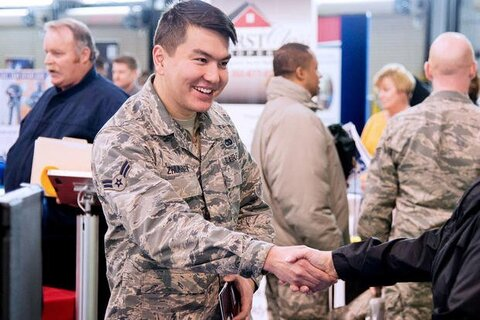What the Next Generation of Veterans Should Know
- Hannah Gentilo
- Aug 4, 2025
- 3 min read

It’s often said that the hardest battles begin after the uniform comes off — but what people don’t always talk about is how quiet that battle can be. No more missions. No more orders. Just space, and silence. For many Veterans, that silence becomes overwhelming, filled with questions that feel impossible to answer. Who am I now? Where do I belong? Why does it feel like no one understands?
The truth is, many Veterans carry those questions long after their service ends, and even more carry the weight of pretending they don’t. But those who have already walked this road want the next generation to know something honest and deeply important — you don’t need to have it all figured out, and you don’t need to carry everything on your own.
Healing doesn’t follow a straight path. It’s messy, unpredictable and often slower than anyone wants it to be. Some days will feel like progress, others will feel like you’re starting over. That doesn’t mean you’re failing — it means you’re human. Whether you’re figuring out your next step, managing pain that lingers or learning how to ask for help for the first time in years, none of it makes you weak. If anything, it shows strength that many won’t ever see or understand.
One of the hardest parts of transitioning out of the military is losing the deep sense of connection that came with it. Veterans often talk about how, for the first time, they felt truly alone — not in combat but in their own homes, surrounded by people who couldn’t fully understand what they’d been through. The loss of that daily camaraderie can feel like losing a part of yourself. But it’s important to know that community doesn’t end with service. It just begins to take a different form.
Spaces like the Boots to Health Foundation are built around that truth. Here, connection happens in new ways — through shared effort, unspoken understanding and quiet presence. You don’t need to explain yourself to belong. You just have to show up.
Another message echoed by so many Veterans is this: healing is not selfish. It’s not weak, and it’s not reserved for someone else. You deserve to feel well — not just physically but mentally and emotionally, too. Taking care of yourself doesn’t erase what you’ve done or who you’ve served. It honors it. And the moment you begin to heal, you create space for others to do the same. Your healing gives others permission to believe it’s possible for them, too.
Finally, remember that your identity doesn’t end when your service does. The uniform was a part of your story, but it was never the whole thing. You are more than your past — more than your role, rank or MOS. You are still becoming. You can still lead, still build, still love and still live a life that matters.
To every Veteran standing at the edge of something uncertain — wondering if it’s too late, if they’re allowed to start over or if healing is even possible — this is for you. The path ahead may not be easy, but it’s yours. And you don’t have to walk it alone.
References
U.S. Department of Veterans Affairs (2020). Veteran Peer Support and Community Engagement: Mental Health Outcomes. Retrieved from https://www.va.gov/
Boots to Health Foundation. Programs and Community Impact. Retrieved from https://www.bootstohealth.org/



Comments